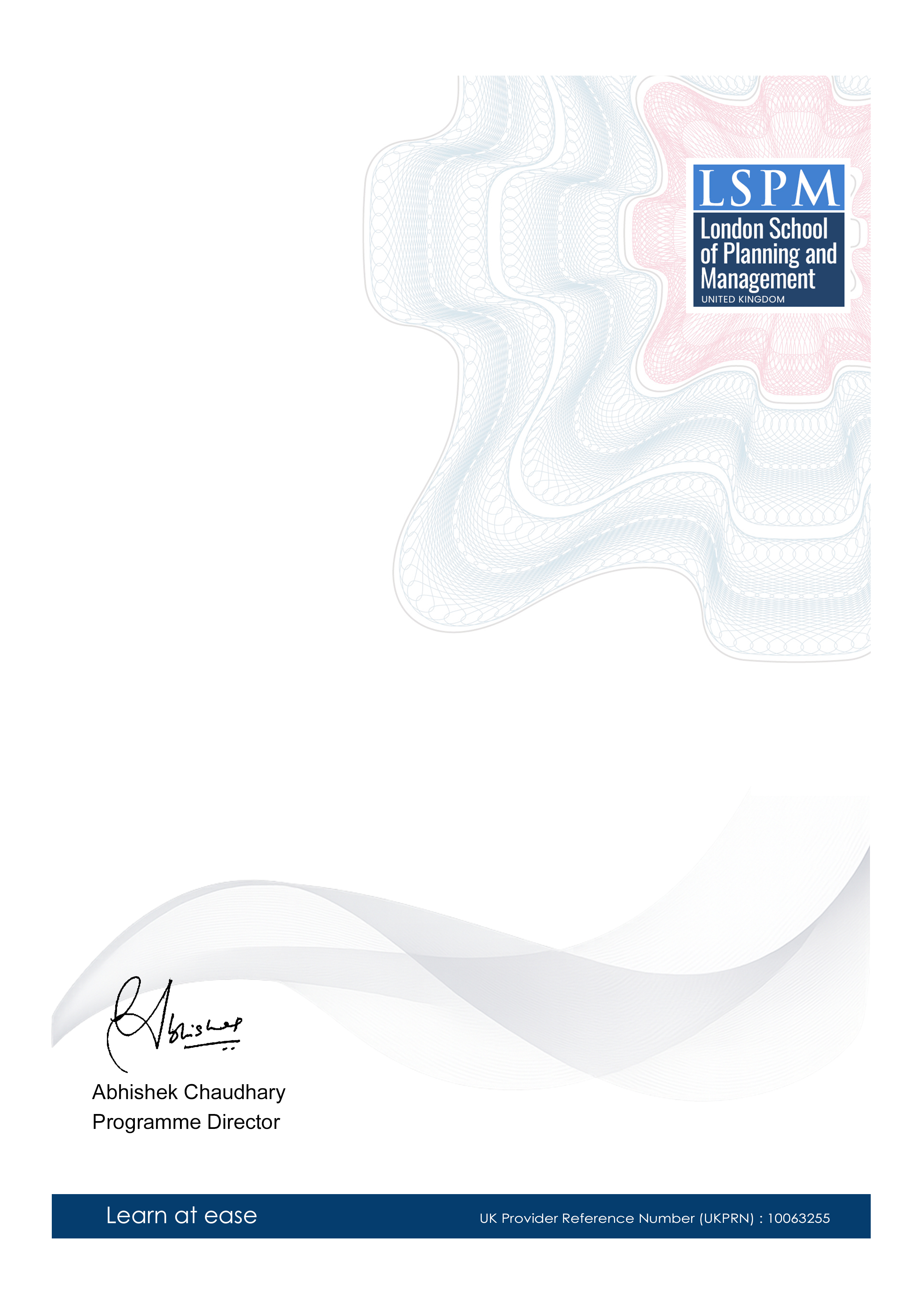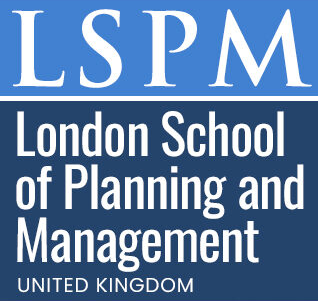Plant-Based Nutrition for Food Heritage
-- viewing nowThe Plant-Based Nutrition for Food Heritage certificate course is a comprehensive program designed to empower learners with the essential skills required in the thriving plant-based nutrition industry. This course highlights the importance of plant-based nutrition in preserving food heritage, promoting sustainable eating practices, and improving overall health outcomes.
4,146+
Students enrolled
GBP £ 149
GBP £ 215
Save 44% with our special offer
About this course
100% online
Learn from anywhere
Shareable certificate
Add to your LinkedIn profile
2 months to complete
at 2-3 hours a week
Start anytime
No waiting period
Course details
• Plant-Based Nutrition Fundamentals
• Understanding Macronutrients in Plant-Based Diets
• Micronutrients and Phytochemicals in Plant-Based Foods
• Plant-Based Protein Sources and Amino Acids
• Traditional Food Heritages and Plant-Based Cuisine
• Plant-Based Meal Planning and Recipe Creation
• Sustainability and Cultural Significance of Plant-Based Foods
• Overcoming Challenges in Plant-Based Nutrition
• Plant-Based Nutrition in Different Life Stages
• Case Studies: Successful Plant-Based Food Heritage Programs
Career path
Entry requirements
- Basic understanding of the subject matter
- Proficiency in English language
- Computer and internet access
- Basic computer skills
- Dedication to complete the course
No prior formal qualifications required. Course designed for accessibility.
Course status
This course provides practical knowledge and skills for professional development. It is:
- Not accredited by a recognized body
- Not regulated by an authorized institution
- Complementary to formal qualifications
You'll receive a certificate of completion upon successfully finishing the course.
Why people choose us for their career
Loading reviews...
Frequently Asked Questions
Course fee
- 3-4 hours per week
- Early certificate delivery
- Open enrollment - start anytime
- 2-3 hours per week
- Regular certificate delivery
- Open enrollment - start anytime
- Full course access
- Digital certificate
- Course materials
Get course information
Earn a career certificate

